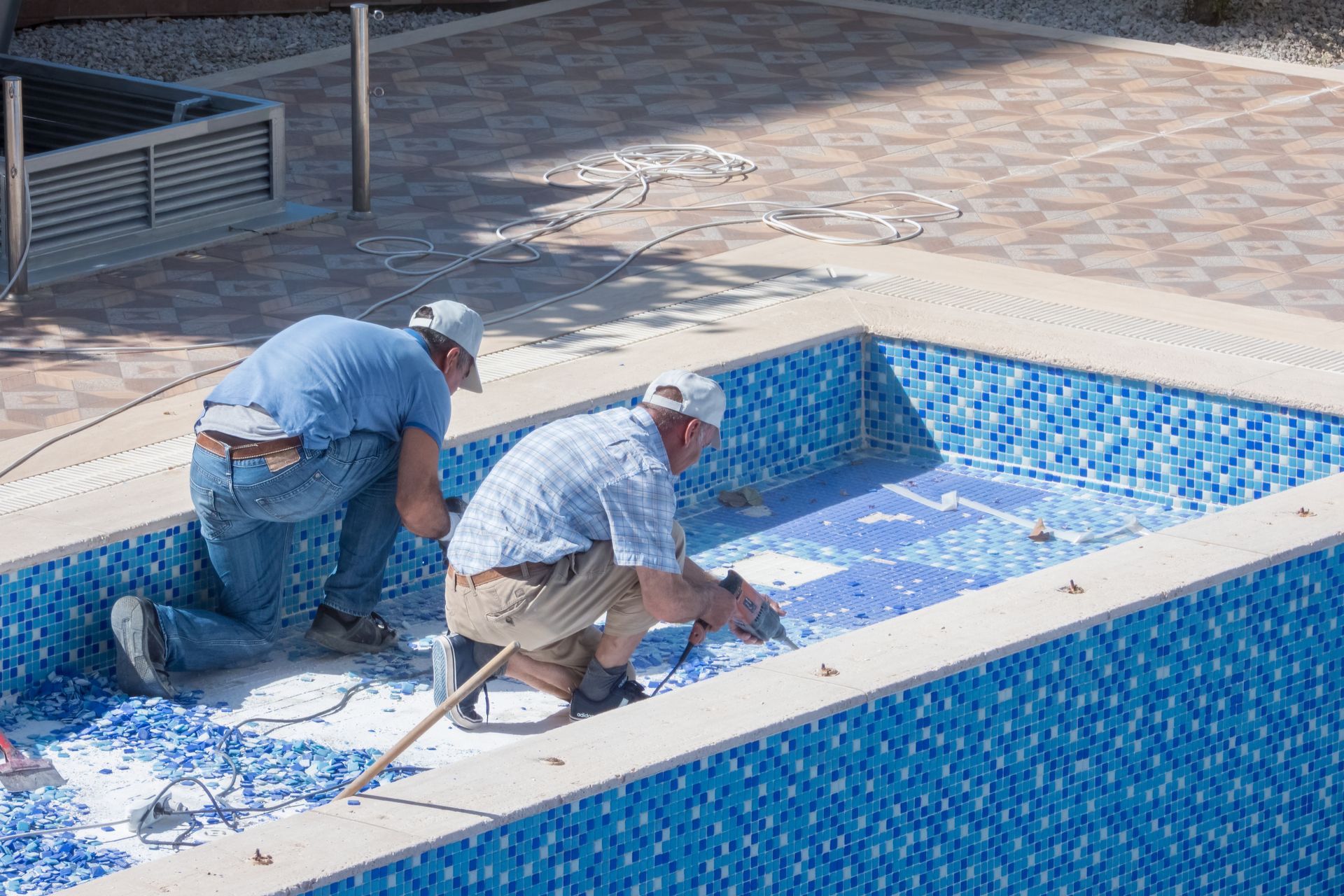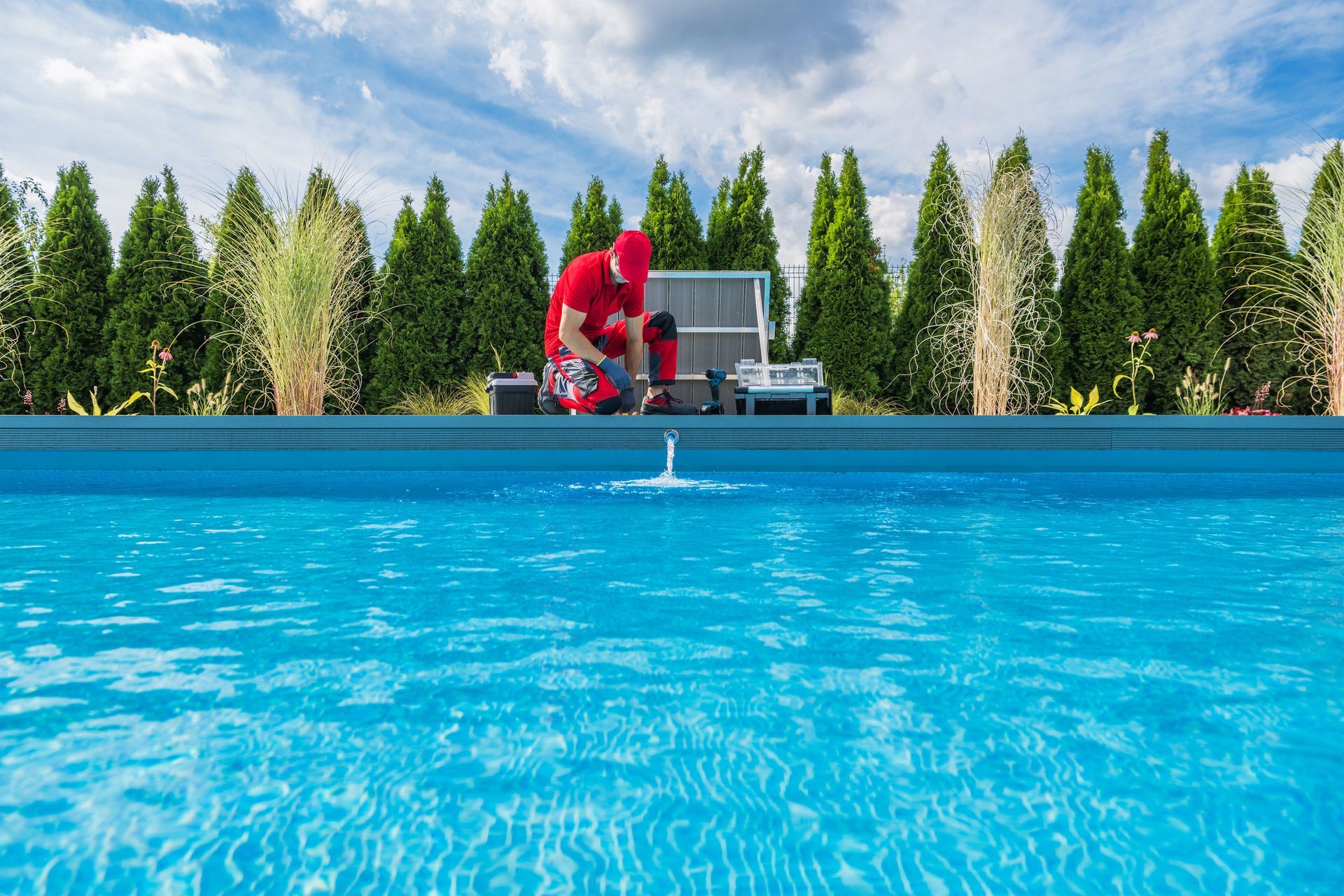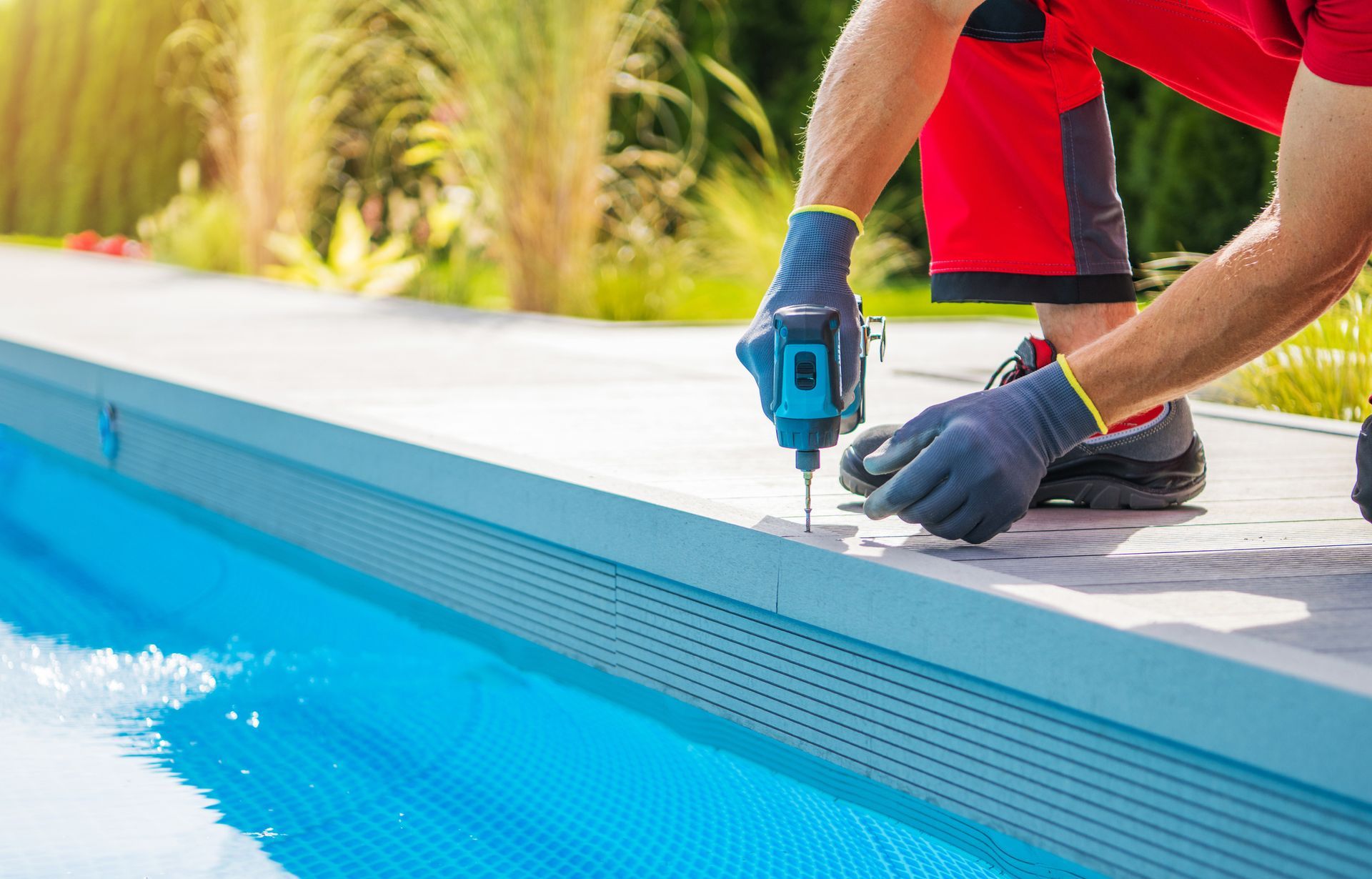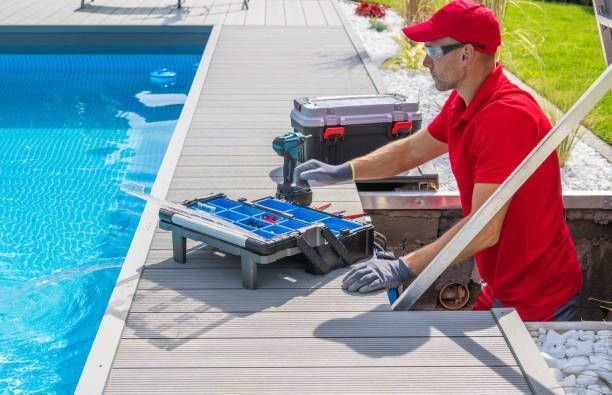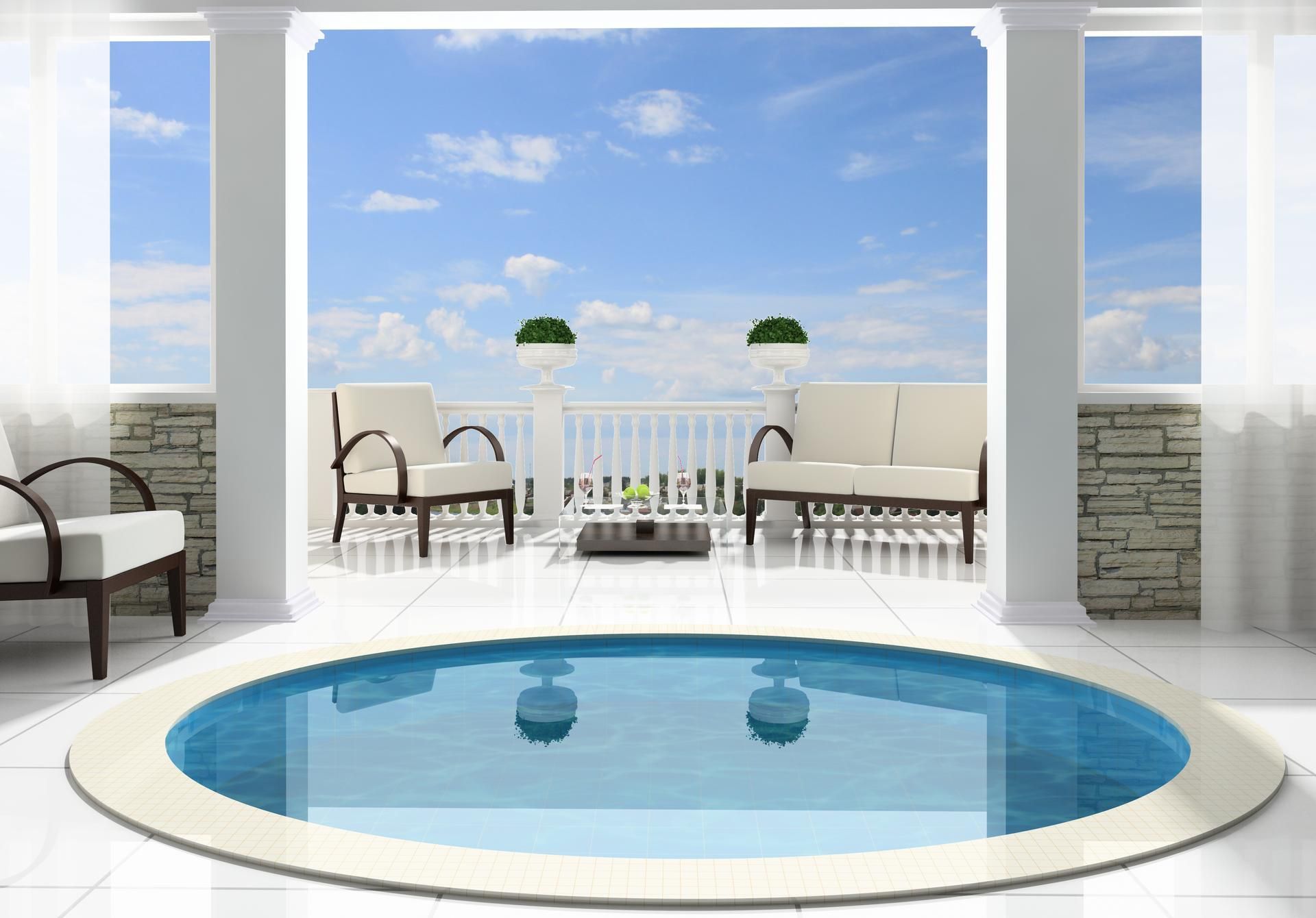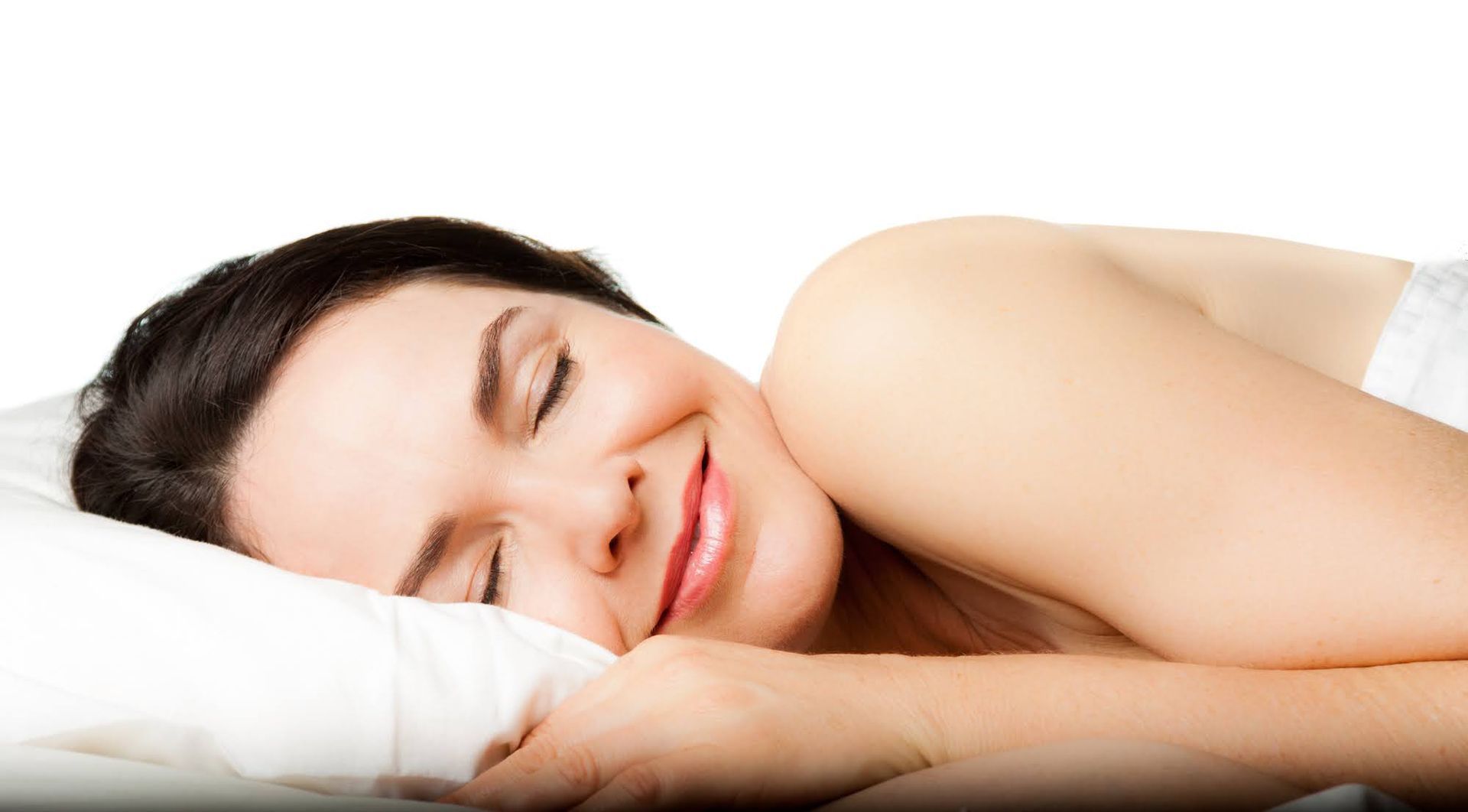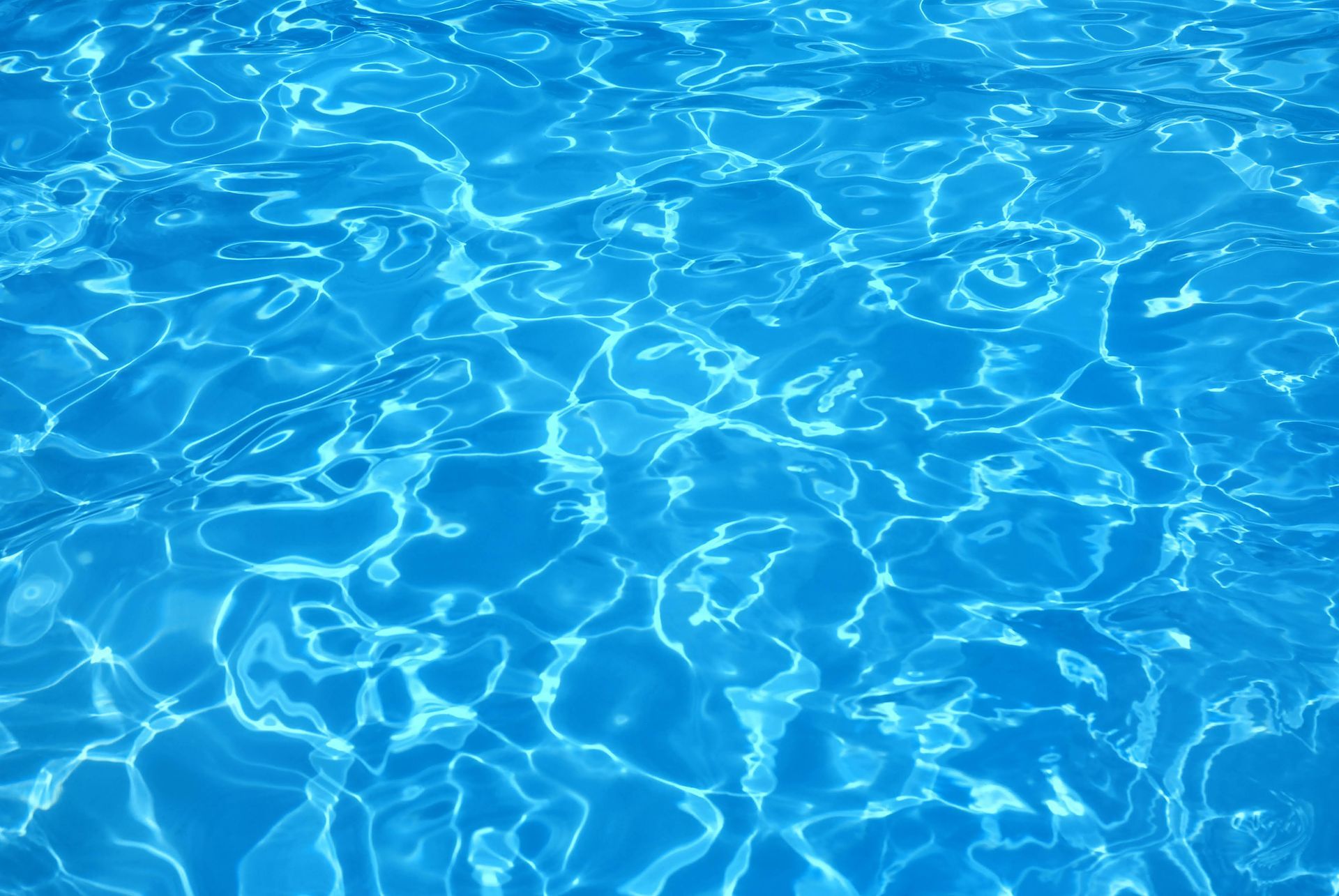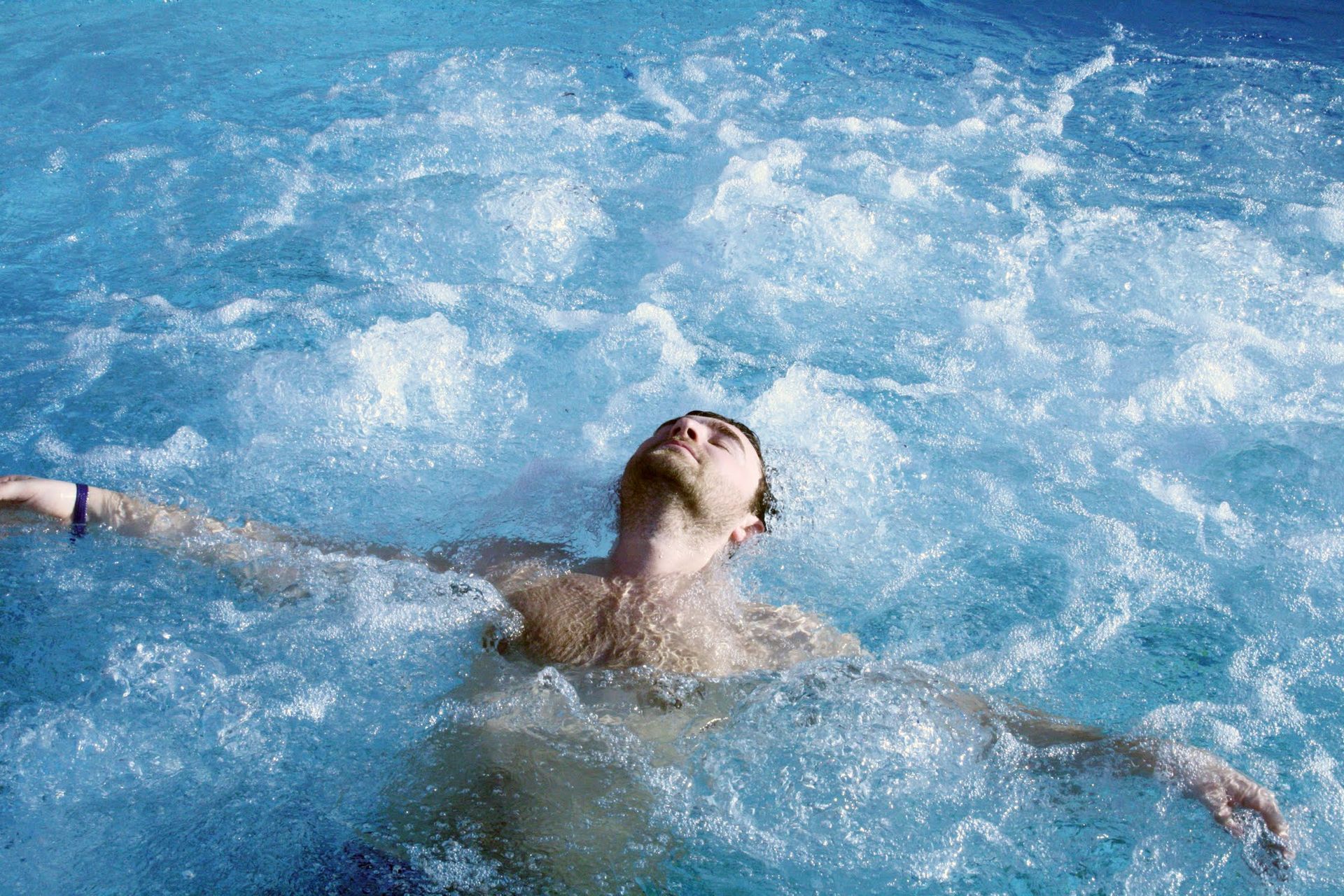Common Swimming Pool Heaters
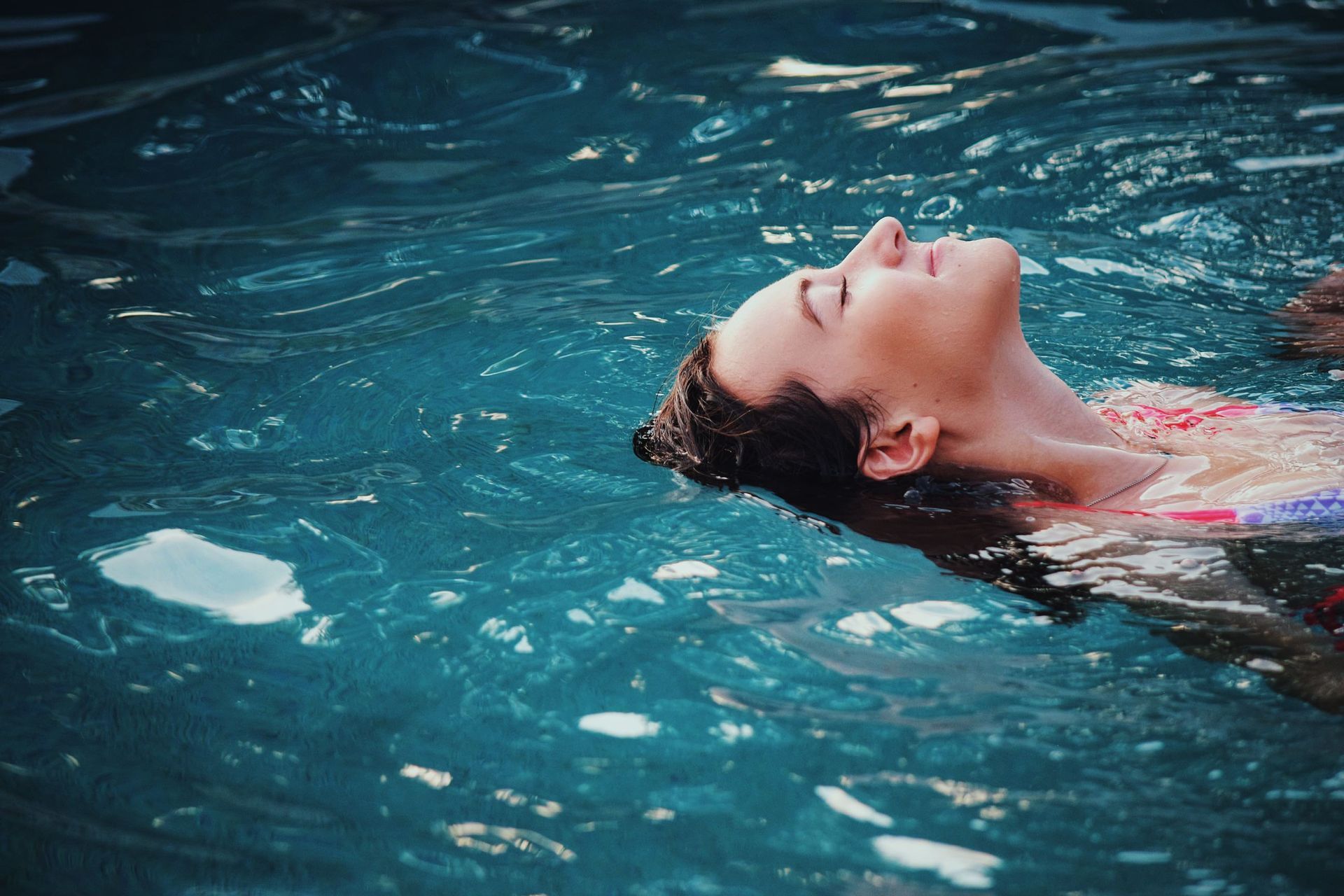
Swimming pools serve as refreshing sanctuaries during the scorching summer months, offering a respite from the heat and a space for leisure and exercise. Pool heaters can extend the usability of pools beyond the warm season. There are several types of pool heaters available, each with its unique features, benefits, and limitations.
Solar Pool Heaters
Solar pool heaters are devices that utilize the sun's energy to heat swimming pools, extending the swimming season and allowing pool owners to enjoy their pools longer. These systems typically consist of solar collectors, water pumps, and flow control valves. The solar collectors, often on a nearby roof or a ground-mounted structure, absorb the sun's heat and transfer it to the pool water, raising its temperature.
Solar collectors are generally made of durable materials that can withstand prolonged exposure to sunlight and weather conditions. They often contain a network of small tubes through which pool water circulates, absorbing the heat from the collectors. A pump is used to circulate the water from the pool through the collectors and back into the pool, thereby warming the entire pool gradually.
Solar pool heaters can be an eco-friendly and cost-effective alternative to traditional pool heating methods such as gas or electric heaters.
Moreover, solar pool heaters are relatively low-maintenance, with fewer moving parts compared to other heating systems.
Electric Heat Pumps
Electric heat pumps transfer heat from the surrounding air to the pool water using a refrigeration cycle similar to that of a refrigerator or an air conditioner. The process begins with the heat pump absorbing heat from the ambient air, which is then compressed and transferred to the pool water through a heat exchanger. This mechanism enables the heat pump to generate a consistent and reliable source of warmth for the pool, regardless of external temperature fluctuations.
One of the key advantages of electric heat pumps is their high energy efficiency, as they can produce several units of heat for every unit of electricity consumed. Additionally, these systems are known for their ease of installation and low maintenance requirements, making them an attractive option for pool owners looking to optimize their energy usage while ensuring a comfortable swimming experience.
However, note that the effectiveness of electric heat pumps may vary depending on the climate and specific environmental conditions of the pool's location.
Natural Gas or Propane Pool Heaters
Natural gas or propane pool heaters are types of heating systems specifically designed to raise the temperature of swimming pool water, ensuring comfortable swimming conditions even during cooler months. These heaters operate by burning either natural gas or propane, generating heat that is then transferred to the pool water. The primary components of these heaters include a combustion chamber, a heat exchanger, and a water flow system.
In the case of natural gas heaters, they utilize a gas burner to ignite natural gas, while propane heaters use a propane burner for the same purpose. The combustion process generates heat that is then transferred to the pool water via a heat exchanger. The heat exchanger typically consists of copper or cupronickel tubing that allows the transfer of heat from the combustion chamber to the water passing through it.
Solar Blankets or Pool Covers
While not traditional heaters, solar blankets or pool covers play a crucial role in retaining and maximizing the heat in a pool. These covers act as insulators, trapping heat from the sun during the day and preventing heat loss during cooler nights. They also reduce water evaporation, which helps conserve water and reduces the need to refill the pool frequently. Additionally, they can prevent debris from entering the pool, reducing the workload of the filtration system.
Once you have identified the appropriate heater, Anchor Pools & Spas will help to install it for you. Contact us for more information.


